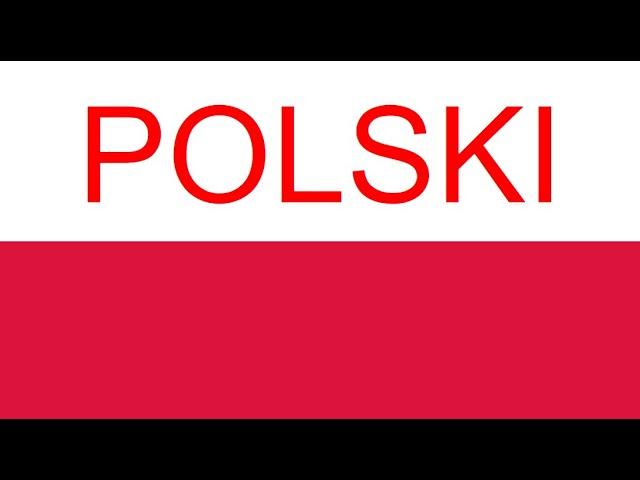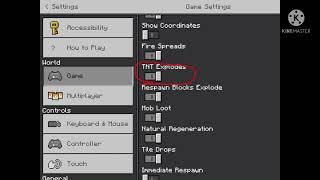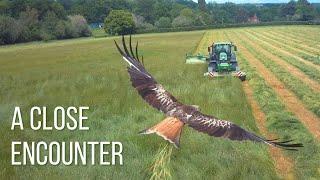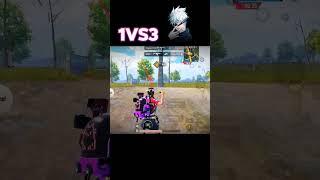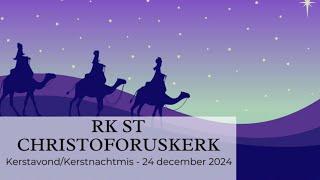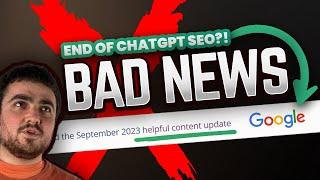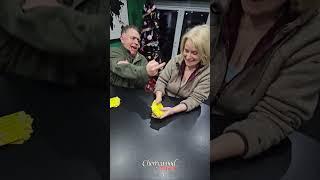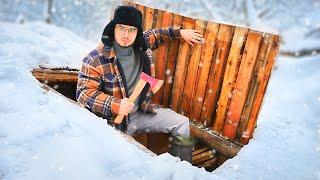Комментарии:

Actually there is lud 'folk, nation' - ludy 'nations', comp. ludzie (people) :)
Ответить
Im a native speaker I have no idea about half of this rules I just use them. But anybody who take effort to learn and use this mess deserve admiration.
Ответить
"rz" is only etymologically a "soft" counterpart to "r". Polish doesn't have a soft "r". Russian, Ukrainian and Bulgarian do.
Ответить
I wouldn't really consider "zwierzęta" an irregular noun. All nouns ending in "ę" (in nominative) will decline similarly (e.g. kurczę, cielę).
As for "żółw"... There is a set of nouns Enging in w and b which decline similarly. They're a small leftover from the times when soft labial consonants truly and 100% had soft equivalents (meaning - audible even when then were in the last position in a word). Just look at the inflection of words like jastrząb or Wrocław. It might be interesting for to to look into what happened with those sounds in Polish dialects of Kurpie or Mazury.

The "it's" in "because it's better for their lions" should be rendered as "to", "jest to" or "to jest". "Jest" alone sounds very ungrammatical.
Ответить
Great video!
Ответить
Great stuff!! Well done! I have only some questions. You wrote that "on the grass" should be "na trawie", withthe pronuncition of grass being 'travie'. My question is why wouldn't it be 'trafie', since the last obstruent in a word becomes devoiced? Also, shouldn't 'odpowiedź' be voiced as 'otpofieć', since we have a 'w' and because it is an exception the obstruent before it should dictate the voicing rules, meaning it should be devoiced because the obstruent before 'w' is 'p'? Yet, we have both voiceless(t, p and 'ć') and a voiced phoneme(v) in what you wrote. Did I misunderstand something? I'm also learning Polish and I'd like to know more.
Ответить
Iam the 10,000th subscriber
Ответить
Great video! You are very good at explaining complex grammatical details.
I want you to do more videos on that type about other languages. I want to ask you can you do a language overview of Esperanto?

Gives Chinese vibes. Middle Chinese had separate coronal stops, affricates, and nasal in plain, retroflexed, palatalized, and both retroflexed and palatalized series. They also give rise to separate sounds in Mandarin that aren't transparent as to their origins.
Ответить
Żesz. Po polsku nie mówi się "no to chodźmy", raczej "a więc zacznijmy".
Ответить
I wanted to insert a long comment complaining about tons of errors in this video, but I accidentally closed the tab.
Ответить
Has any language regular verb "to be" ?
Ответить
Lots of info, even though im Polish, I can learn from it, well summarized.
Ответить
Love it
Ответить
Amazing. You have made a few minor errors in your Polish but on the other hand I have made a few errors just typing this sentence so let's call it even. My hat it off to you sir, hugely impressive language skills.
Ответить
"Drzwi" is plural. Should be "są lepsze".
Ответить
I’m actually scared, how has polish retained the vocative! 😦
Ответить
Swahili! Pls!
Ответить
So much respect for you and amount of effort put in this 30 minutes! I'm native and it was fun watching this video. :D I've laughed a few times just realizing how crazy my language is for foreigners. xD
Ответить
Splendid video! Really happy to learn so much about something so normally casual to me. I have just a few remarks that I managed to contrapt. Polish 'r' is actually a tap not a trill. Second less important one is a very cool feature of the possibility of moving the verb ending from the verb onto a conjunction in the past tense or an adjective in past and present tense:
Wiem, że to widziałeś - I know that you saw it
Wiem, żeś to widział
Wiem, że to widzieliście - I know that you (pl) saw it
Wiem, żeście to widzieli
Ładna jesteś - you're pretty
Ładnaś
Unfortuantely this feature is growing obscure, my guess is that it could be considered archaic or rural.
Another thing is the almost extinct pastperfect:
Past tense: szedłeś
pastperfect: szedłeś był
I said almost because (to my understanding) it happens that one verb still carries this form as its past tense!:
Powinienem - I should
Powinienem był - I should have
This verb is probably one of the most awkward in the whole language since it doesn't have any handy future form and can't even form a normal infintive form:
Robię - robić
Powinienem - mieć powinność

Oof, to my native Polish ear your 'ś' and 'sz' comparison sounded as if you said 'sz' twice. And not gonna lie, the hard-coded subtitles were a bit annoying, especially considering the poor translation. Other than that, it was great to see how non-natives might look at my language, and you presented it in a really fun way, kudos :D
Ответить
Icelandic Languag Overview Pls!
Ответить
ż and rz are not the same sound lol
Ответить
The last sentence "Nasi koledzy oczyścili ceglane drzwi bo jest lepsze dla ich lwów". There is a mistake. Actually there are two but one is understandable. It should be "Nasi koledzy oczyścili ceglane drzwi, bo są lepsze dla ich lwów".
- jest -> są: The subject of the second part ("bo są lepsze dla ich lwów") is inferred "they" ("one": "bo <one> są lepsze dla ich lwów") and is a reference to those doors. The verb is "to be" ("są"). The noun "drzwi" is plural, "one" is plural so the verb "to be" needs to be plural. There is only one plural present tense form of "to be" and it is "są". The subject and the verb has to agree with respect to number and grammatical gender. If the subject is in its nominative form (almost always) there are no exceptions.
- a comma: In Polish there are very strict rules about placing a comma. In this case it is needed. The rules are base on the function and the structure but are often simplified to "what is connecting the sentences?". In case of "bo" ("because") the comma is always there.
- "ich" cannot be replaced with "swoich" here, both mean "their": The whole thing is a complex sentence that is constructed from two simple sentences. The part "bo są lepsze dla ich lwów" answers the question "why did they do it?". The subject of this sentence is the door. "ich" is in a different sentence than the people who did it. "Nasi koledzy oczyścili ceglane drzwi dla swoich lwów" - "Our friends cleaned the brick door for their lions" is a single simple sentence so we use "swoich" because we are referencing the subject and "ich" would be wrong.

As a native speaker of Czech, I find the section on phonology (and specifically the historical reasons for the weirder parts of the phonology and orthography) very fascinating! So when I use Czech rules to try pronouncing Polish words and names, I sound like I'm speaking Polish from 500 years ago! I guess Czech phonology is more conservative. We still have Ř, Ó is still a long O sound...
Ответить
That rough Slavic accent turns me so on.
Ответить
I am so incredibly glad I learned all this crap when I was a little child. I learned a few foreign languages in my life and I feel like this one would just brake me if I had to start from scratch.
Ответить
Polish "acute" when handwritten, should be correctly written in top to bottom direction and almost vertical as opposed to real acute which is bottom left to top right.
Ответить
How in the name of god did you make a native speaker stop understanding my language
Ответить
drzwi są lepsze not drzwi jest
Ответить
I have no idea what half the stuff in this video means but this is the best Polish pronunciation ive ever heard from a non native speaker
Ответить
These subtitles
Ответить
Is it true that Czech underwent a (nearly) identical shift from o to u, and Polish ó corresponds to Czech ů?
Ответить
Świetny filmik!
Ответить
I’m polish and I have to say I do pronounce ł in mógł. It’s not as clear as in łoś, but definitely not just móg. Also, maybe it’s my dialect(Greater Poland Polish) but whenever I hear that ę at the end is officially just pronounced as e, I say it out loud and disagree. Even in a normal speech, fast paced and informal I don’t make it as nasal as in węszyć for instance but it’s not simplified to just e.
Ответить
Native Spanish speaker here starting to learn Polish (or actually learning slowly), I have one question: which has more irregular verbs, Spanish or Polish? From this video, although I would say Polish verb conjugation has more forms than Spanish, it seems surprisingly regular compared to my native Spanish where even verbs irregularities have irregularities.
Ответить